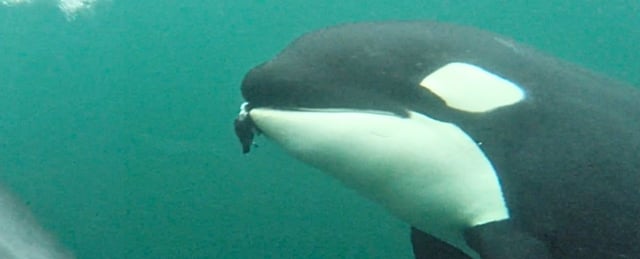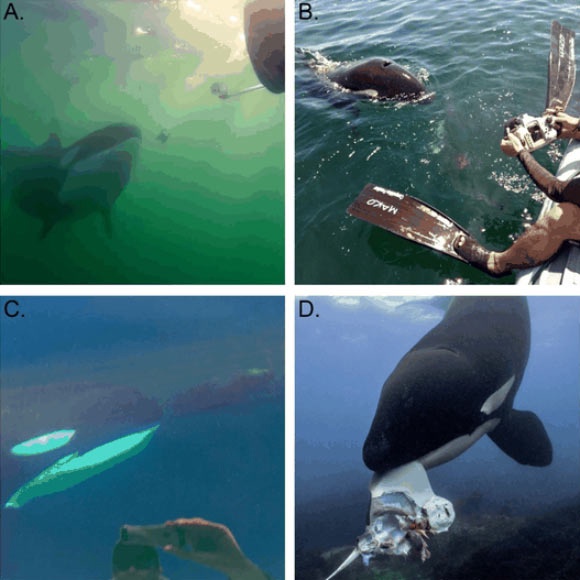Overview
- A June study in the Journal of Comparative Psychology reports 34 instances from 2004 to 2024 in which wild orcas initiated prey transfers to humans across multiple oceans
- Researchers applied strict criteria requiring whales to approach unprompted, release food items in front of people and wait for a response before inclusion
- The orcas offered 18 different species ranging from fish and marine mammals to birds, reptiles and even seaweed
- Authors interpret these behaviors as potential examples of interspecific altruism and indicators of advanced social cognition in orcas
- Scientists caution that accepting or soliciting food from wild orcas poses serious safety risks for swimmers and boaters

